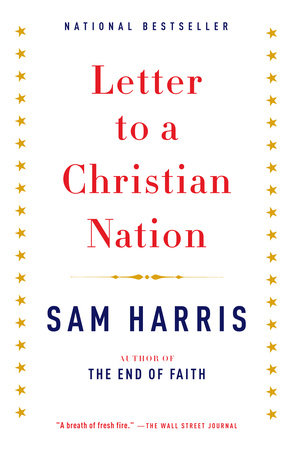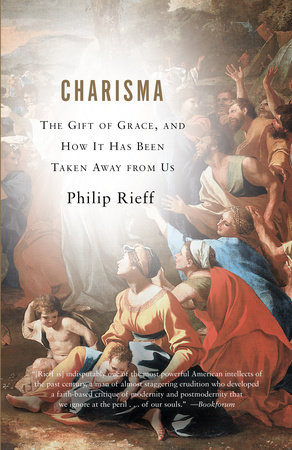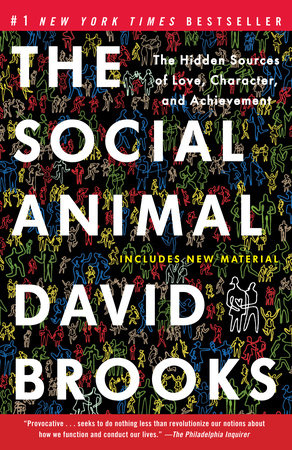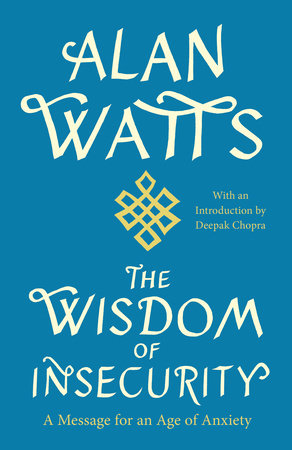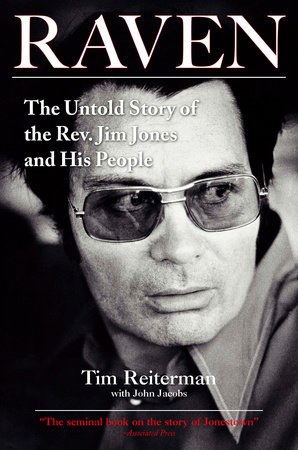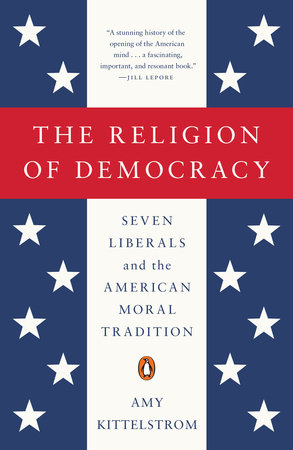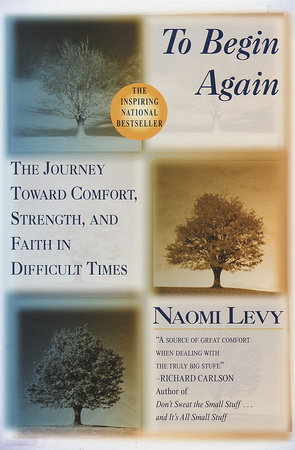Q: You wrote the best seller The End of Faith (2004). In it, you detail the flaws—to put it mildly—you see in organized religion. What is your new book, Letter to a Christian Nation, all about, and why did you write it so soon after The End of Faith?A: After The End of Faith came out, I received thousands of emails, many from devout Christians who did their best to show me the error of my ways. I answered these emails individually at first, but they then came in such torrents, and were so similar in content, that I developed a boiler-plate “Letter to a Christian” in response. Occasionally, someone would respond to my form letter with further arguments in defense of God. So the letter began to evolve, and then I realized that I could write a short book and address all the committed Christians at once.Q: As you point out, this book is addressed directly to Christian fundamentalists, and it’s very critical of their beliefs. Do you think devout Christians will be the most likely group to read the book?A: Probably not. I think it will mostly appeal to religious moderates and secularists who want to be better equipped to take on the Christian Right. I did, however, deliberately keep the book short enough that it could be given to a fundamentalist in the spirit of, “Please read this and get back to me.” Given that it can be read in a little over an hour, I think many people who would never read a 400-page demolition of Christianity might be inclined to pick it up. My hope is that I present a sufficiently succinct and compelling case that fundamentalists will be obliged to deal with my arguments on their side of the “culture war.”Q: So, what would be the ideal response from fundamentalists to this book?A: It seems to me that they will either have to demonstrate where my arguments fail, or they will have to relinquish many of their religious beliefs. As I say in the book, one of us really must be wrong.Q: The book argues for the eradication of religion, at least religion as we know it. You write, “If we ever do transcend our religious bewilderment, we will look back upon this period in human history with horror and amazement” much as we now do slavery in the United States. Why must religion be wiped out? Is there any happy in-between state that resides somewhere along the continuum from fundamentalism to atheism? A:Well, the first thing I’d like to point out is that I’m not advocating that we jettison ethics or people’s search for “spiritual” experience (to use a loaded term). I’m simply saying that believing propositions on bad evidence is never a good idea. If there were sufficient reasons to believe Jesus will be returning to earth like a superhero, this belief would form part of our rational, scientific worldview. Of course, there are no good reasons to believe this, but this hasn’t kept a majority of Americans from watching the skies in the hopes that the savior the world will soon arrive. In fact, 44% of Americans believe that Jesus will return sometime in the next fifty years.Apocalyptic beliefs of this sort actually have political, economic, and environmental consequences. And yet they are based purely on religious dogma. Dogmatism is dangerous because it is intrinsically divisive—these ideas aren’t rationally held, so they can’t be rationally discussed—and it uncouples people from the events in the world that should actually inform their beliefs. Religious dogmatism impedes medical research, starts wars, diverts scarce material and intellectual resources—in short, it gets people killed. What most people call “faith” (in the religious sense of the word) is nothing but a willingness to accept religious dogma uncritically. I am definitely arguing that we have to transcend this impulse.Q: The group whose ideas you take issue with includes not just fundamentalists, but religious liberals, too, and a lot of them. And you’re criticizing them pretty strongly. In doing so, do you worry that you may be alienating an otherwise supportive sector of the population?A: To some degree this is a concern, given that my goal is to successfully communicate with people. But the truth is, I’m either right or wrong about Christianity, and about faith generally. If I’m wrong, someone should be able to demonstrate this. If I’m right, anyone who is attached to Christianity will feel uncomfortable reading my book. There is really not much room to finesse these issues. I am hardest on fundamentalists, but there is no question that religious liberals and moderates are guilty of a terrific amount of wishful thinking—about God, about the world, and even about religious fundamentalists.Q: What do you think about the way all these groups carry out public discourse about religion in this country?A: There isn’t any public discourse about religion as far as I can tell. There is only a pervasive unwillingness to offend anyone’s religious convictions. It seems to me, however, that the stakes are now so high that we really must be rigorously honest with ourselves. Competing religious certainties have shattered our world, unnecessarily. And these divisions have become a perennial source of human conflict. Religious beliefs also cause people to think badly—or not to think at all—about questions of immense social importance. Q: How did you become an atheist?A: I’ve always been an atheist in the sense that I never acquired a belief in a personal God. But it wasn’t until September 11th, 2001—when people started flying planes into our buildings thinking they would get to paradise, and our own society began to further anesthetize itself with religious myths—that I realized that I had to speak about the problem of religious faith.Q: Early in LTACN, you list the various beliefs Christians have about God, Jesus, and the Bible. Then, you write, “All of these beliefs are false.” How do you find a balance between the need to be tolerant (in service of your general argument) and the necessity of being intolerant of fundamentalists to get your point across? To take it one step further, how do you respond to those that say that pronouncing the other side’s view wrong or ridiculous is stooping to the level of those whom you criticize?A: There is no way around the fact that I’m advocating a certain kind of intolerance, but it is not political intolerance. I’m not saying that people should be jailed for their religious beliefs. I am saying, however, that certain beliefs are so lacking in merit that there should be no question of our “respecting” them. People who claim to be certain about things they cannot be certain about should meet resistance in our discourse. This happens quite naturally on every subject but religion. For instance, a person who believes that Elvis is still alive is very unlikely to get promoted to a position of great power and responsibility in our society. Neither will a person who believes that the holocaust was a hoax. But people who believe equally irrational things about God and the bible are now running our country. This is genuinely terrifying. We must find a way of criticizing and marginalizing bad ideas, even when they come under the cloak of religion.Q: You write that you’ve successfully changed the minds of some of those in your life (from believing to not believing). How many people have you “converted” to atheism, and how’d you do it?A: Most of the people in my immediate circle already had their doubts about God. But many did not recognize the role that religion still plays as a source of conflict in our world. It is quite amazing to read the newspaper keeping in mind the question, “Does religion have anything to do with this…?” There are days where literally half of the news, all of it bad, is the direct product of what people believe about God. Many of my friends and readers seem to have grown increasingly amazed by the mad work that religion is doing in our world. Q: You say that “if there were good reasons to believe that Jesus was born of a virgin, or that Muhammad flew to heaven on a winged horse, these beliefs would necessarily form part of our rational description of the universe.” But must reason guide us in every realm of life, specially the spiritual realm? Do you believe that there are any areas into which reason rightly does not tread?A: There is much more to life than being reasonable—which is to say there is much more to life than merely understanding the world and getting one’s beliefs about it to cohere. But this does not mean that it’s ever necessary or noble to lie to oneself or to others, or to pretend to be certain about things one is clearly not certain about. Anyone who thinks he knows for sure that Jesus was born of virgin or that the Koran is the perfect word of the Creator of the universe is lying. Either he is lying to himself, or to everyone else. In neither case should such false certainties be celebrated.Q: So, what place do you think spirituality should have in life? Do you believe there may be a higher (non-God-like) power that is operating on the earth? A: I am very interested in spiritual, or mystical, experience—though these words carry a fair amount of unfortunate baggage. There is no question that it is possible, through certain techniques of introspection, to transform your moment to moment experience of the world. I think this possibility lies at the root of the religious impulse. We are all interested in discovering how to be truly happy in this world, in spite of all of the impediments to happiness this world throws up. And spirituality is an important component of human happiness. I would argue, however, that we need never believe anything on insufficient evidenceto be spiritual.Q: Can you briefly describe the work you’re pursuing now? How is it connected to this book?A: I’ve been attempting to study belief at the level of the brain, using functional magnetic resonance imaging (fMRI). It is too soon say whether the difference between believing a proposition and not believing it can by well-characterized by this method. My interest in neuroscience also extends to larger questions of human subjectivity, including ethics and spiritual experience. What we are learning about the brain is slowly, but inevitably, transforming our understanding of what it is to be a human being.
